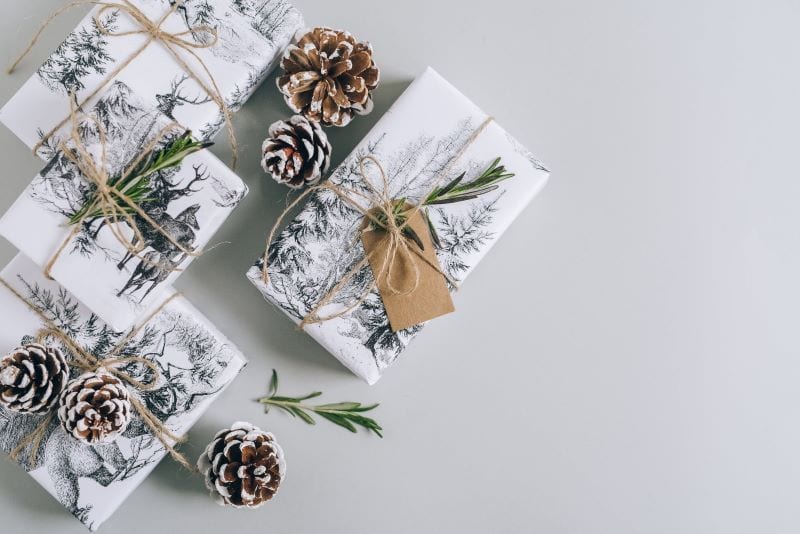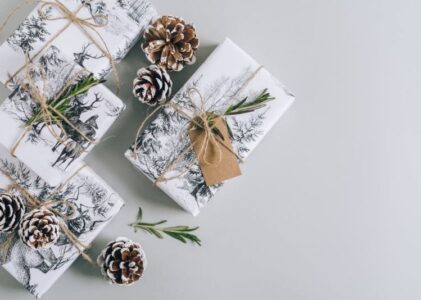The Spirit of Giving: How Different Cultures Approach Gift-Giving During the Holidays
The holiday season is a time of joy, celebration, and tradition across the globe. While many of us may be familiar with the customs and festivities of our own culture and religion, there is so much richness and diversity in the holiday traditions of other communities. From the bright lights and feasts of Diwali in India to the solemn candle-lighting ceremonies of Hanukkah, these holidays offer a glimpse into the history, beliefs, and values of people around the world.
One of the most well-known holiday traditions is Christmas, which has become a global phenomenon celebrated by people of various cultures and religions. While the holiday centers around the commemoration of the birth of Jesus for Christians, the festivities have also taken on a wider social and cultural significance. The Christmas season brings with it the joy of gift-giving, caroling, and the beautiful display of light and color through decorations and street displays.
Across the Atlantic, the Mexican holiday of Dia de los Muertos or Day of the Dead is another example of a holiday that has captured the imagination of people around the world. Celebrated over two days in early November, the Day of the Dead is a time to honor and remember loved ones who have passed away. With colorful decorations, offerings of food and flowers, and the iconic sugar skull figures, the holiday embodies the lively and vibrant spirit of Mexican culture.
Community and Connection: How Holidays Bring People Together Across the Globe
In India, the brilliant lights and spectacular colors of Diwali have become a hallmark of the holiday season. Celebrated over five days in October or November, Diwali is a time to celebrate the triumph of light over darkness, good over evil, and knowledge over ignorance. The festival is marked by lighting lamps and candles, exchanging gifts, and sharing sweets and treats with friends and family.
For the Jewish community, Hanukkah is a time to celebrate the miracle of the oil and the rededication of the Holy Temple in Jerusalem. The eight-day festival is marked by the lighting of the Menorah and the sharing of traditional foods like latkes and donuts. Hanukkah is also a time to gather with family and friends, play games with the dreidel, and exchange gifts.
In Japan, Christmas has taken on a unique character with the popularity of the KFC Christmas Bucket. The fast-food chain has become a symbol of the holiday and the queues of customers waiting to order their Christmas meal has become a beloved tradition in the country. Additionally, the New Year is a time of great significance in Japan, marked by the celebration of Shogatsu. The holiday is a time to reflect on the past year, set intentions for the next year, and to visit shrines and temples.
These are just a few examples of the holiday traditions that can be found around the world. Each of these holidays tells a story, reflects a set of values, and celebrates the unique culture of the communities that observe them. Celebrating these holidays can be a way to learn about other cultures, appreciate the diversity of our society, and foster a sense of global community. Whether it’s through music, food, or traditions, sharing in the joy of these holidays can be a way to connect with others and celebrate the spirit of the season.

